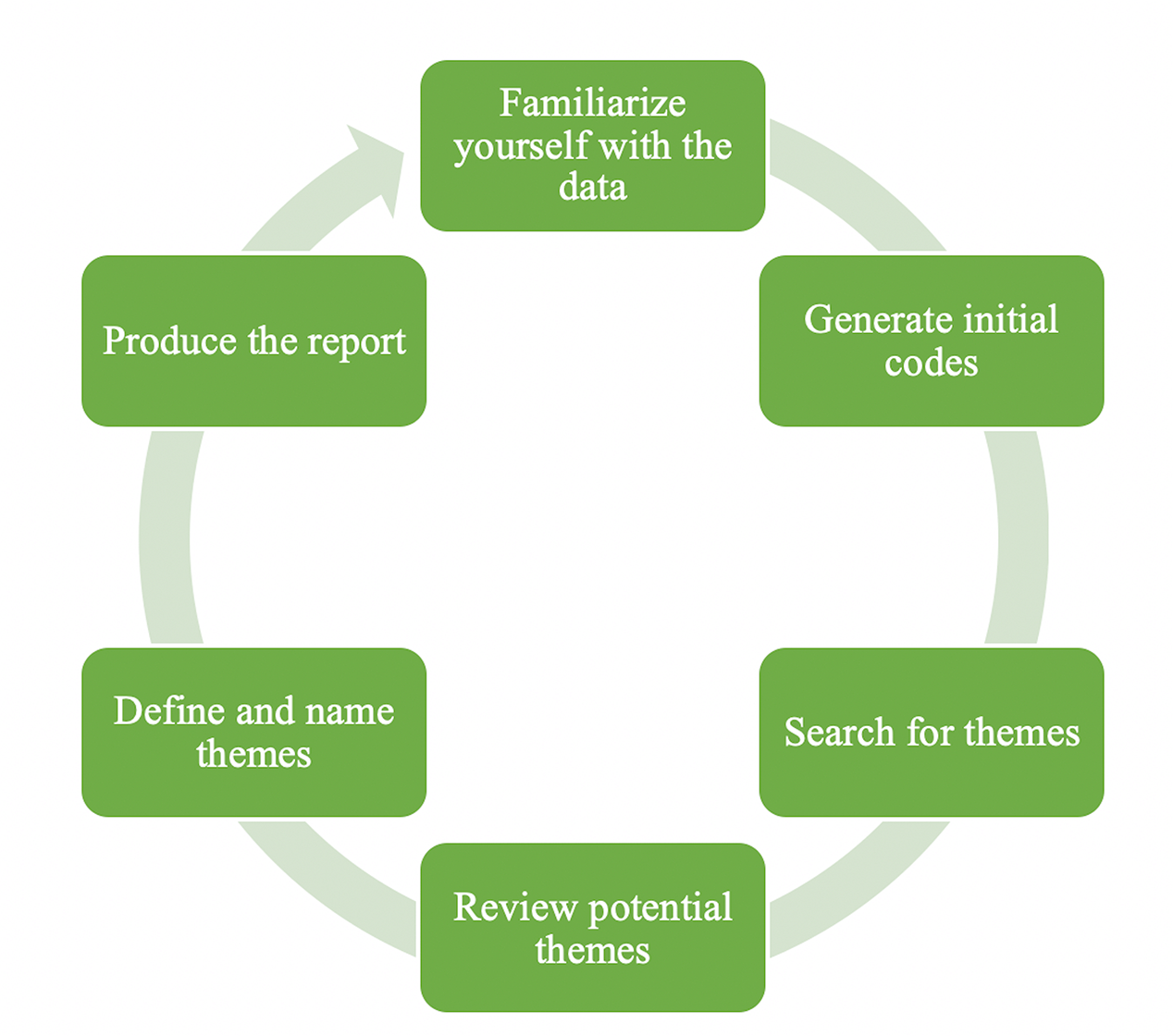Thematic analysis is a qualitative research method used to identify, analyze, and interpret patterns of shared meaning (themes) within a given data set, which can be in the form of interviews, focus group discussions, surveys, or other textual data.| Simply Psychology
Member checking is a technique used in qualitative research where researchers share their findings (e.g., themes, interpretations, narratives) with the participants who provided the data.| Simply Psychology
Qualitative research is a method of inquiry used in various disciplines, including social sciences, education, and health, to explore and understand human behavior, experiences, and social phenomena. It focuses on collecting non-numerical data, such as words, images, or objects, to gain in-depth insights into people's thoughts, feelings, motivations, and perspectives.| Simply Psychology



